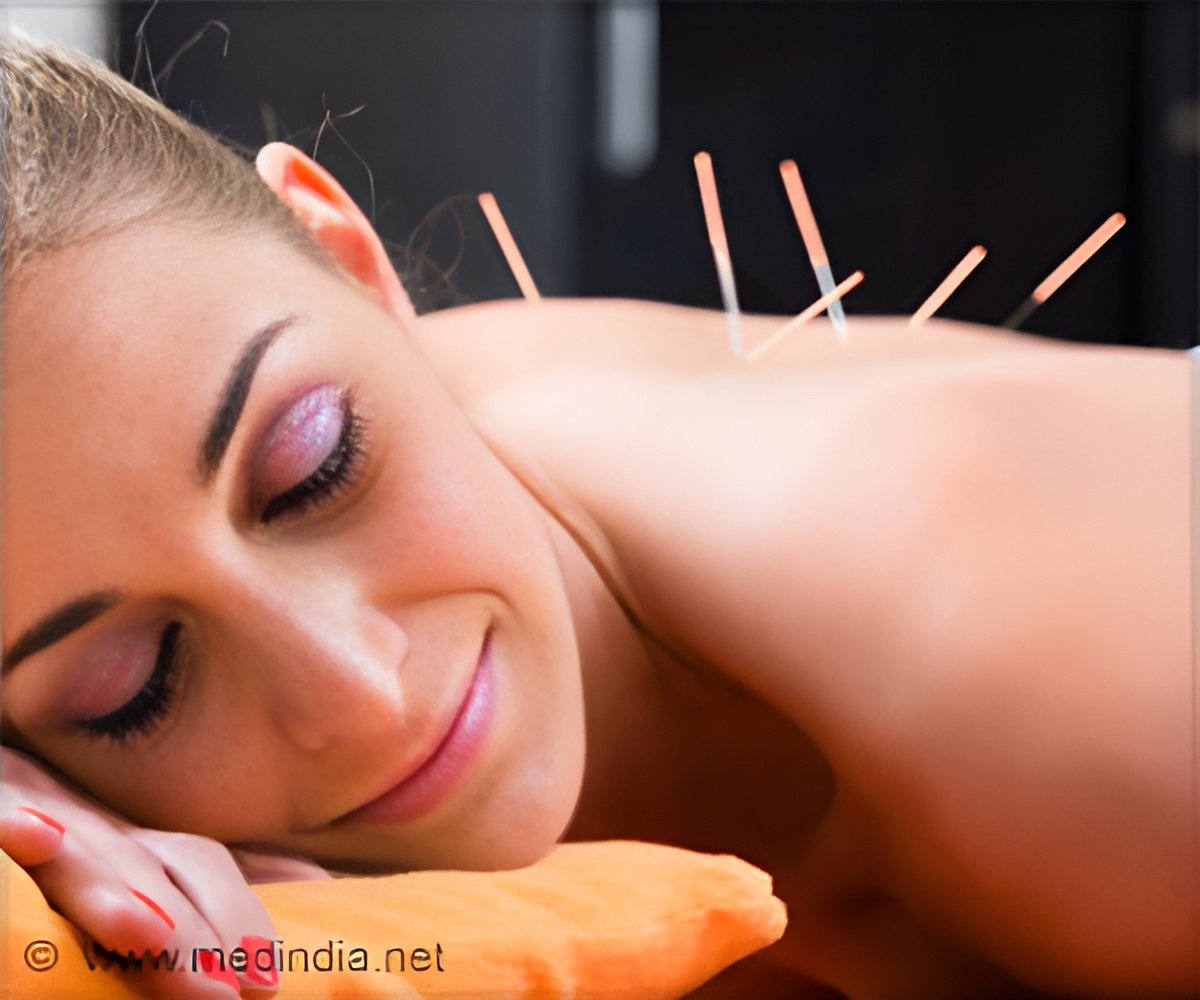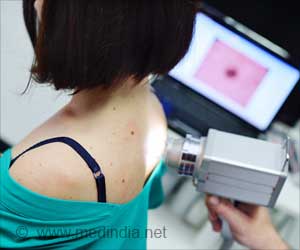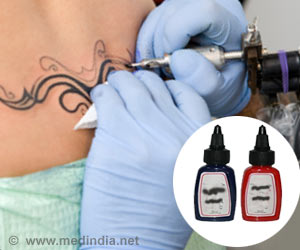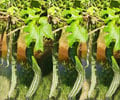
‘Acupuncture can result in infection, cupping can result in ulcers or burns, coining can result in burns and dermatitis. One more disturbing complication of this is that it includes the possibility for confusing markings on the skin from cupping or coining with bruising from physical abuse.
’
Tweet it Now
Complementary and Alternative Medicine (CAM) is used worldwide with up to 76 percent of some populations practicing some form of it. Specific examples include non-vitamin, non-mineral and herbal supplements as well as practices such as acupuncture, cupping, moxibustion, coining, traditional Chinese medicine (TCM) and Ayurveda.The researchers note that acupuncture can result in infection, cysts or hematomas, cupping can result in ulcers or burns, coining/spooning can result in burns and dermatitis and moxibustion (producing burns on the skin through direct or indirect heat and/or chemical reactions) can result in allergic reactions, burns, infections or intense blistering and itchiness. One disturbing possible complication of CAM includes the possibility for confusing markings on the skin from cupping, coining or other alternative therapies with bruising from physical abuse.
According to the researcher, dermatologists need to be familiar with Complementary and Alternative Medicine practices and their dermatologic and systemic complications. "It is important to incorporate cultural competency, or the set of behaviors and policies that doctors use to provide effective medical care across varying cultures, into the every-day practice of medicine," explained corresponding author Neelam Vashi, MD, assistant professor of dermatology at BUSM. "One way to begin to approach the topic of culture with patients is to include cultural assessment questions during intake at the office," added Vashi who also is director of the Boston University Cosmetic and Laser Center at Boston Medical Center.
Source-Eurekalert











